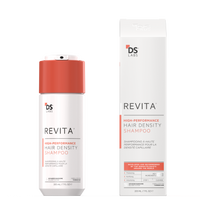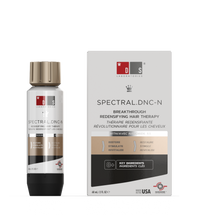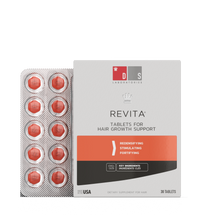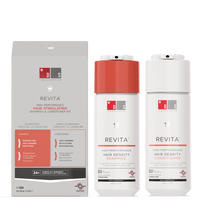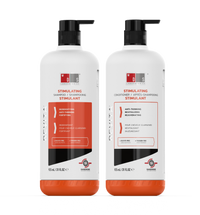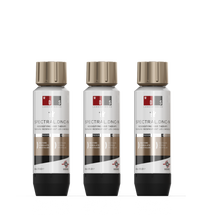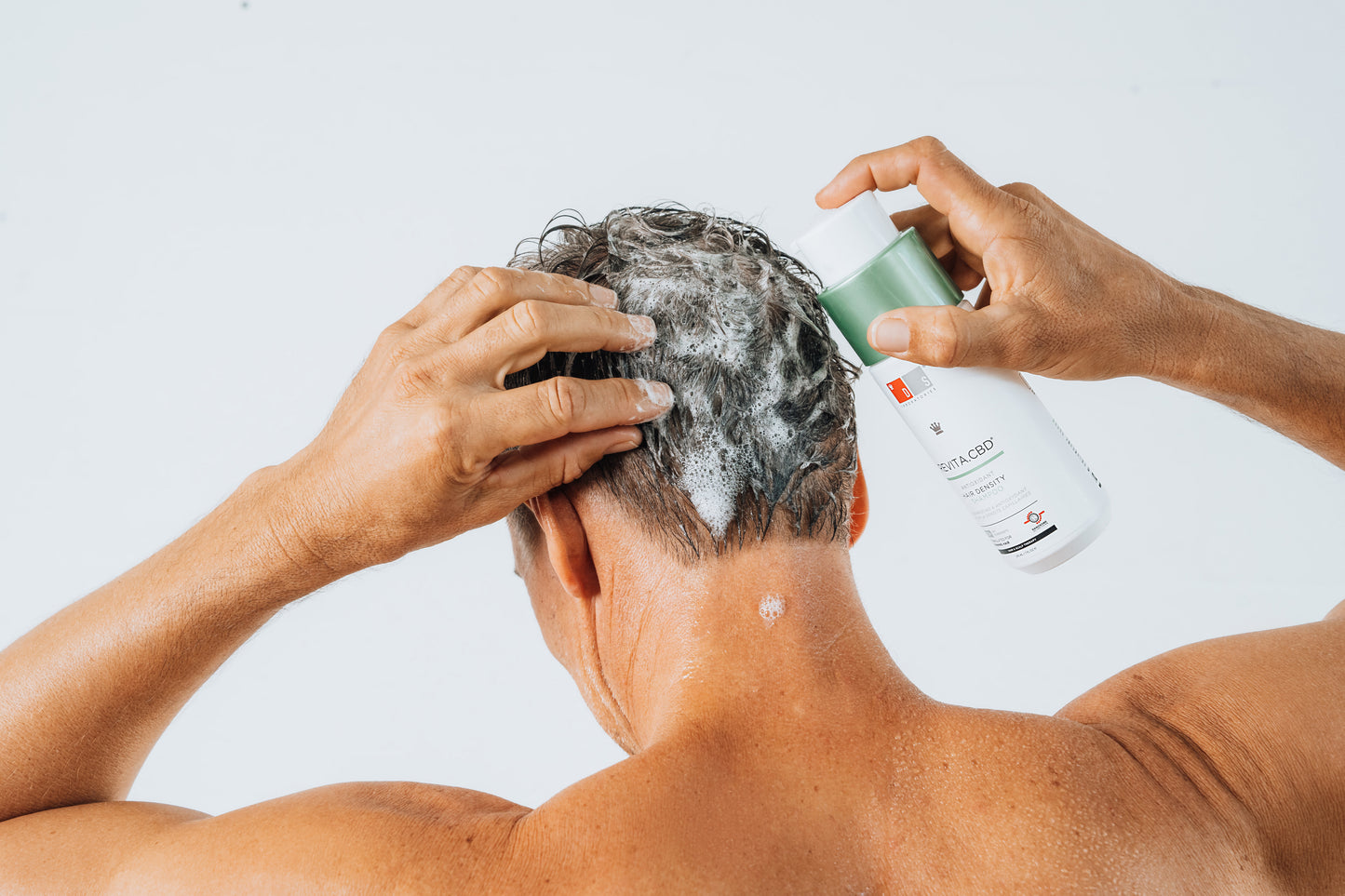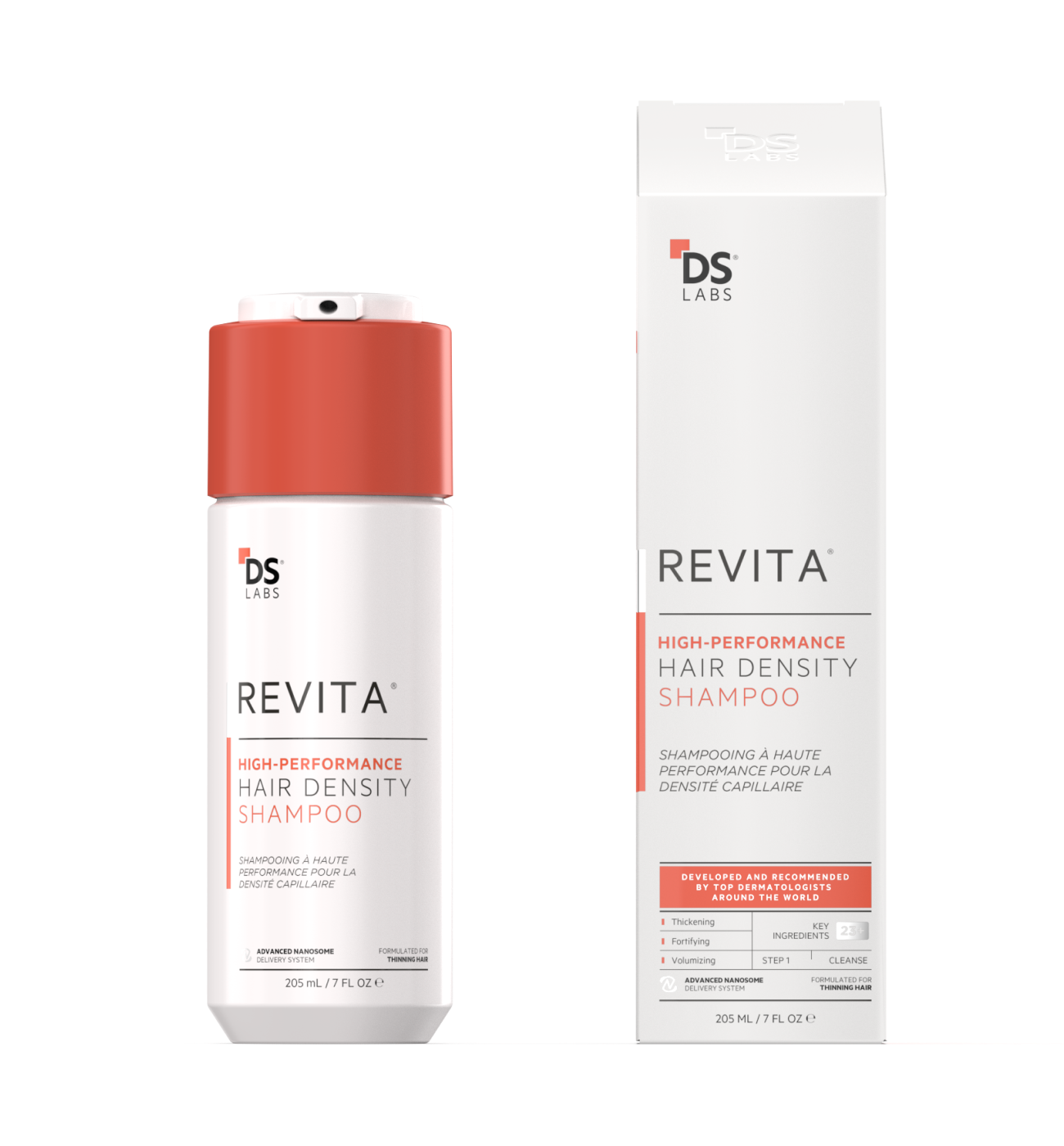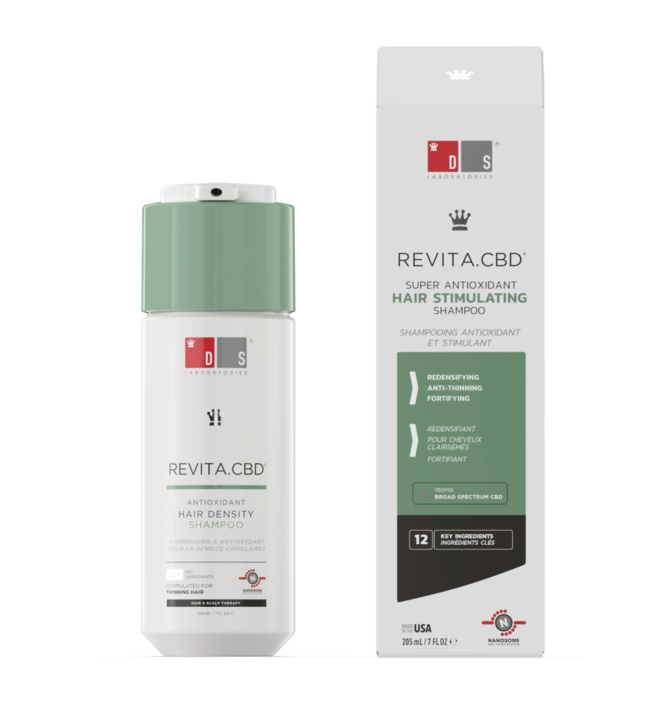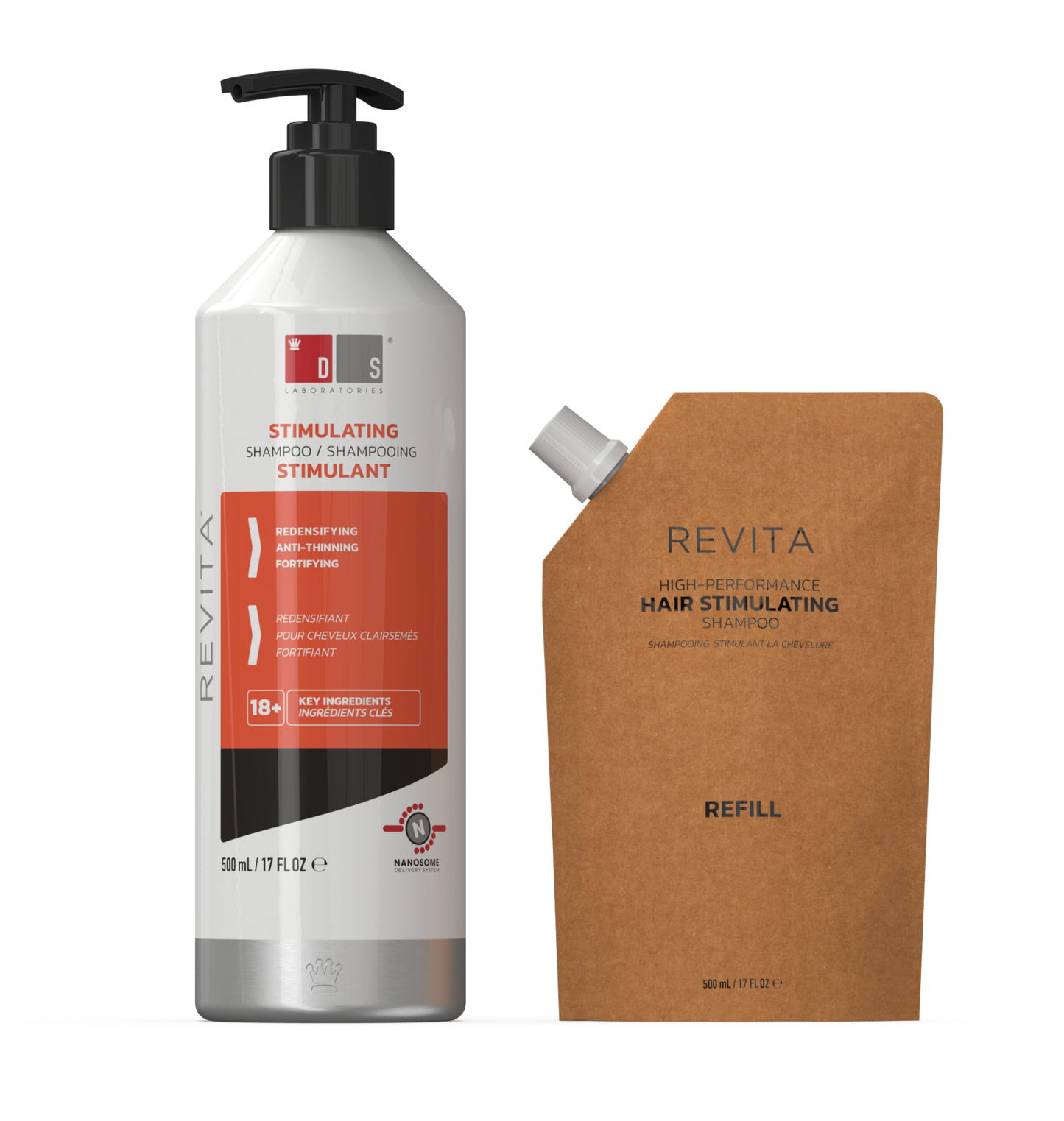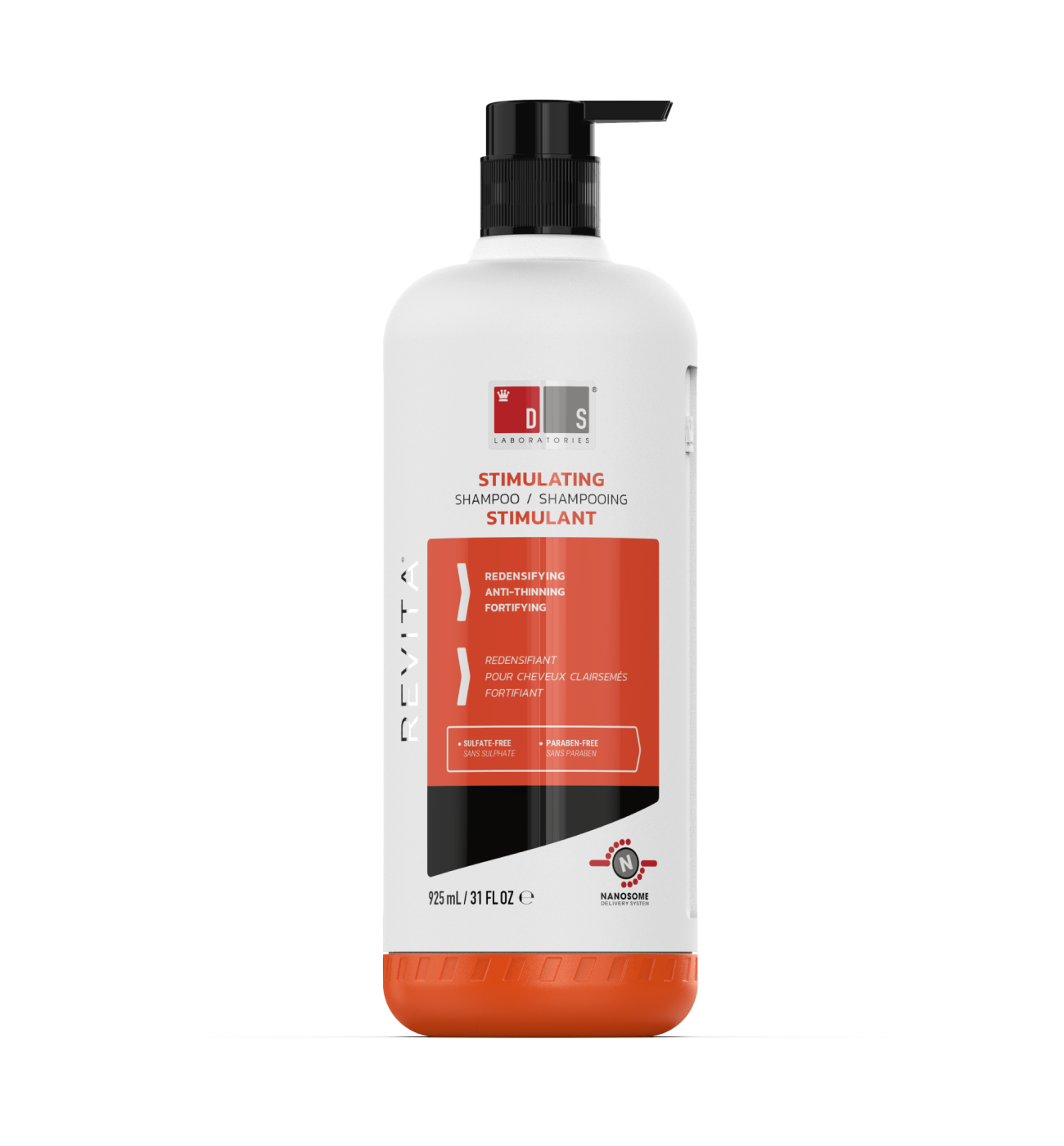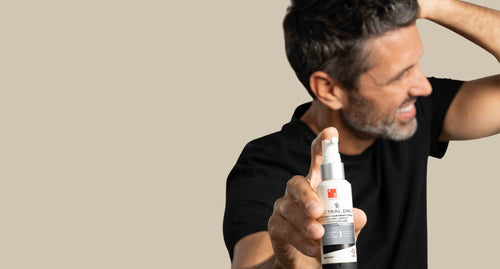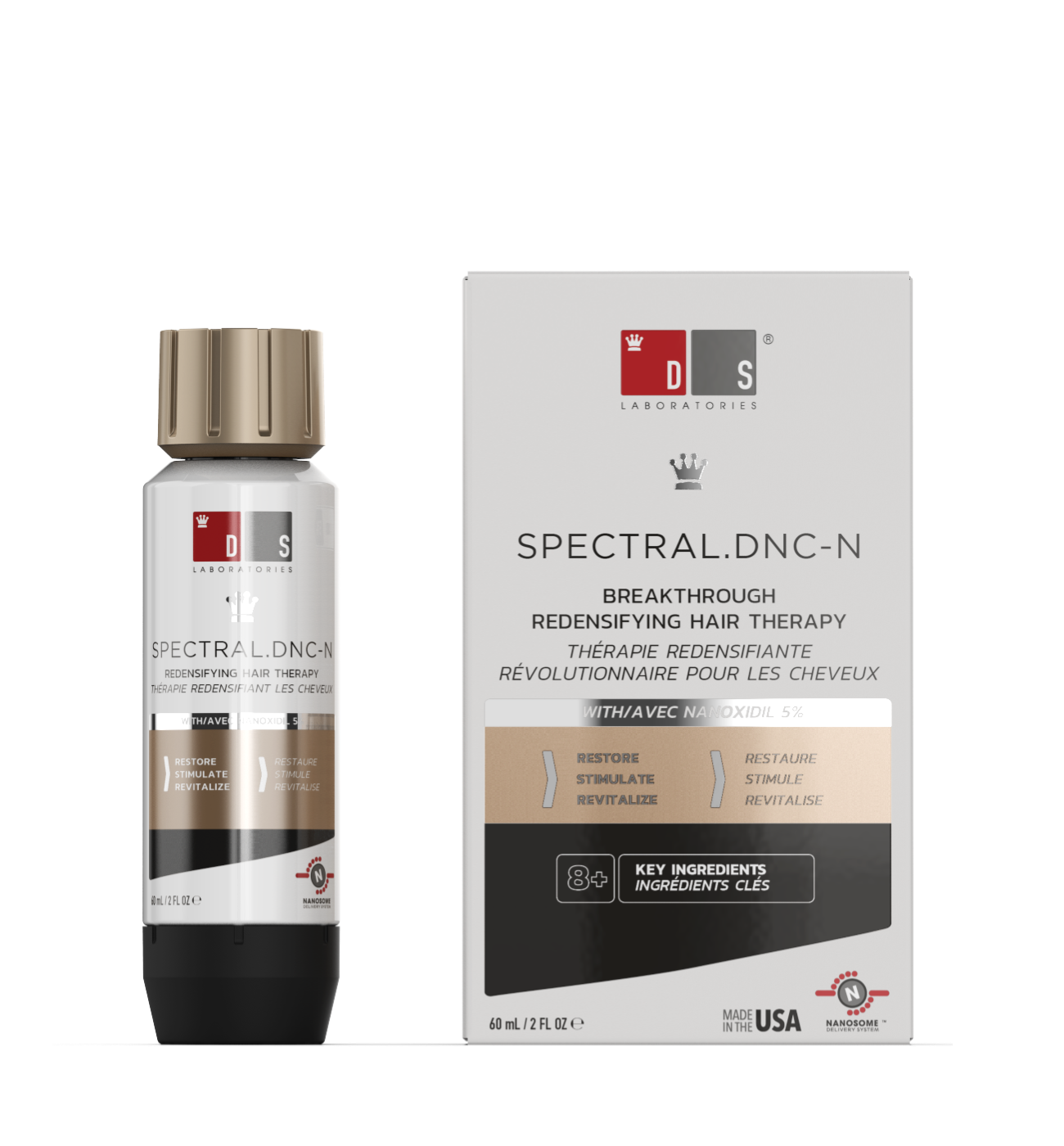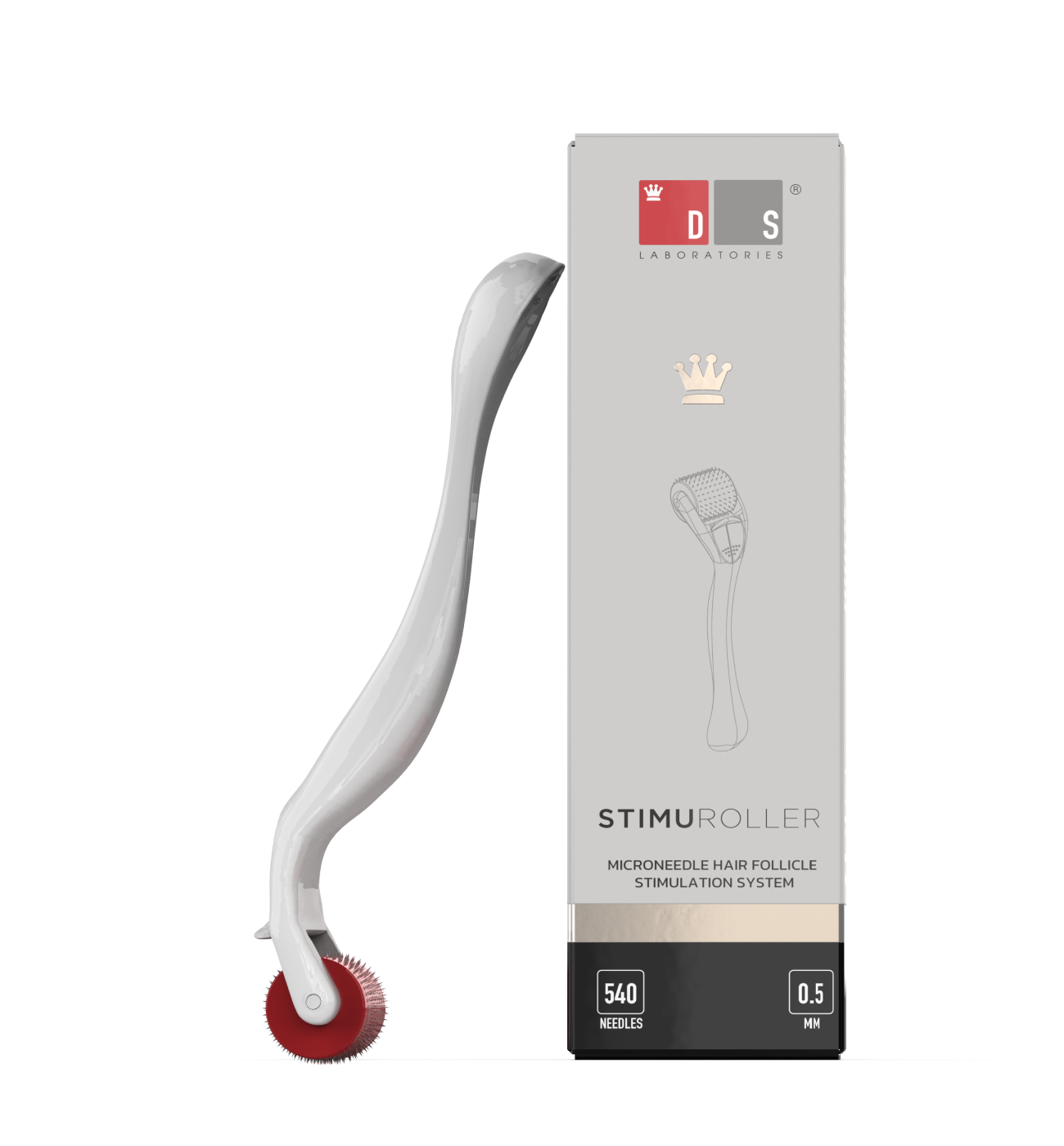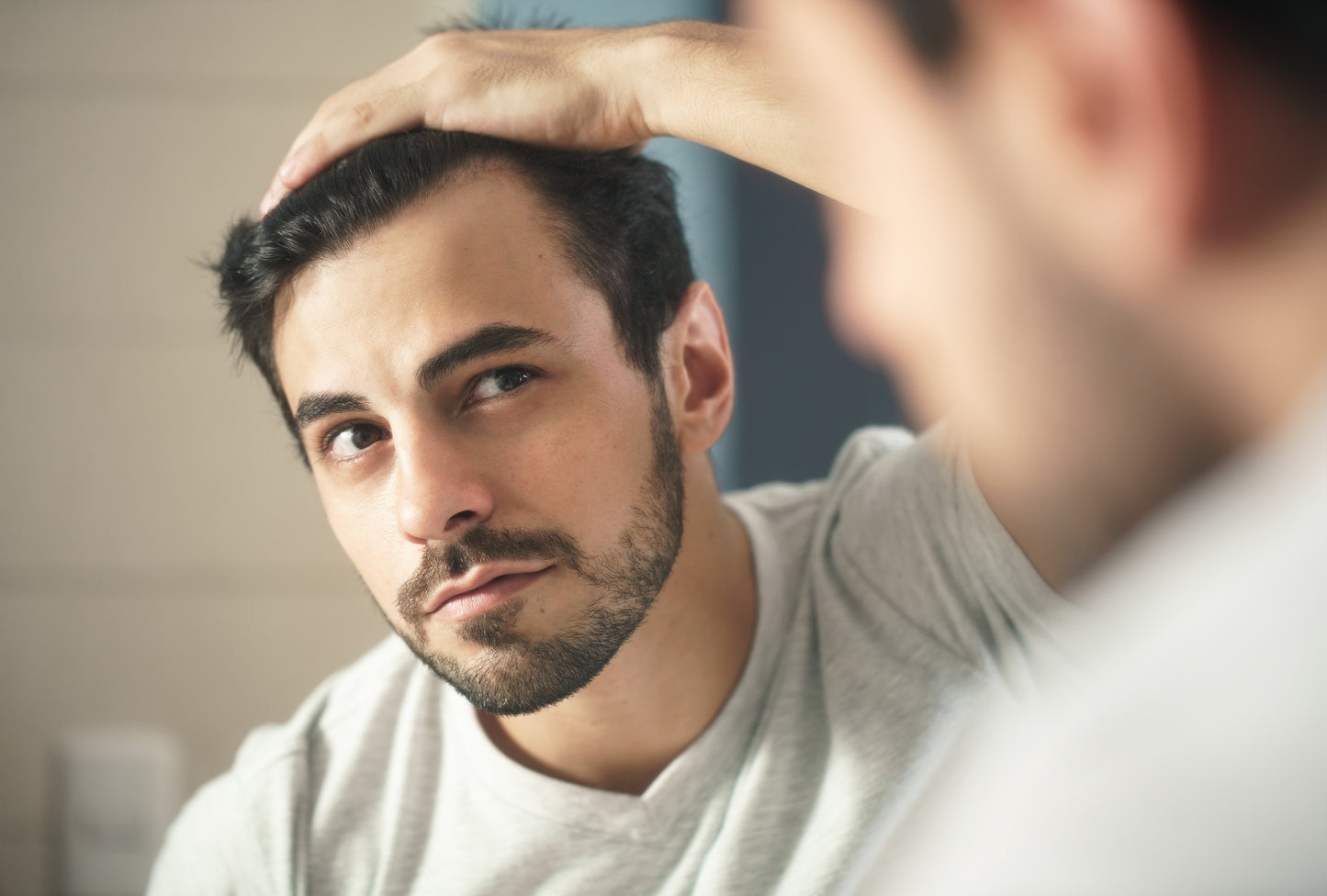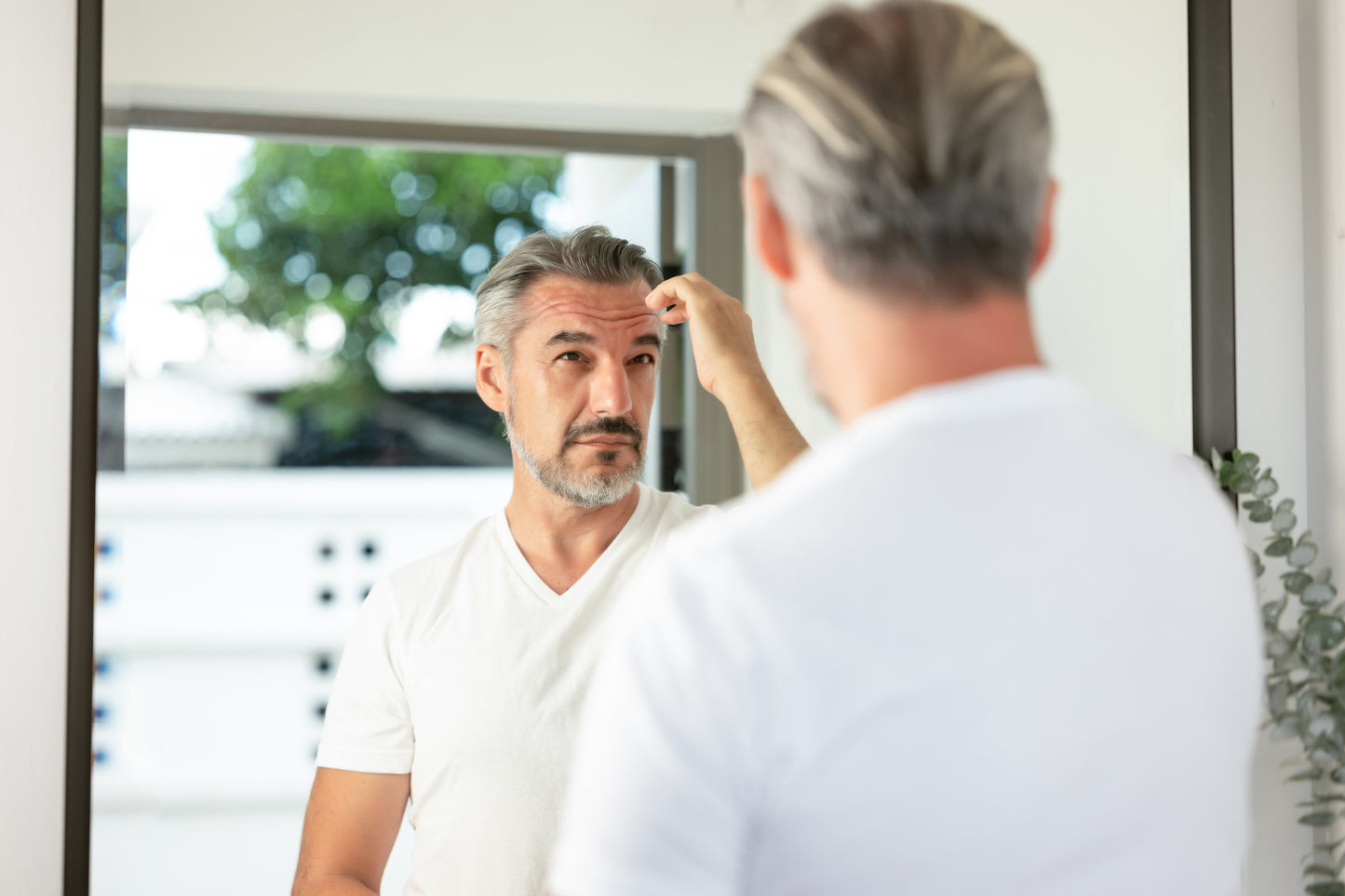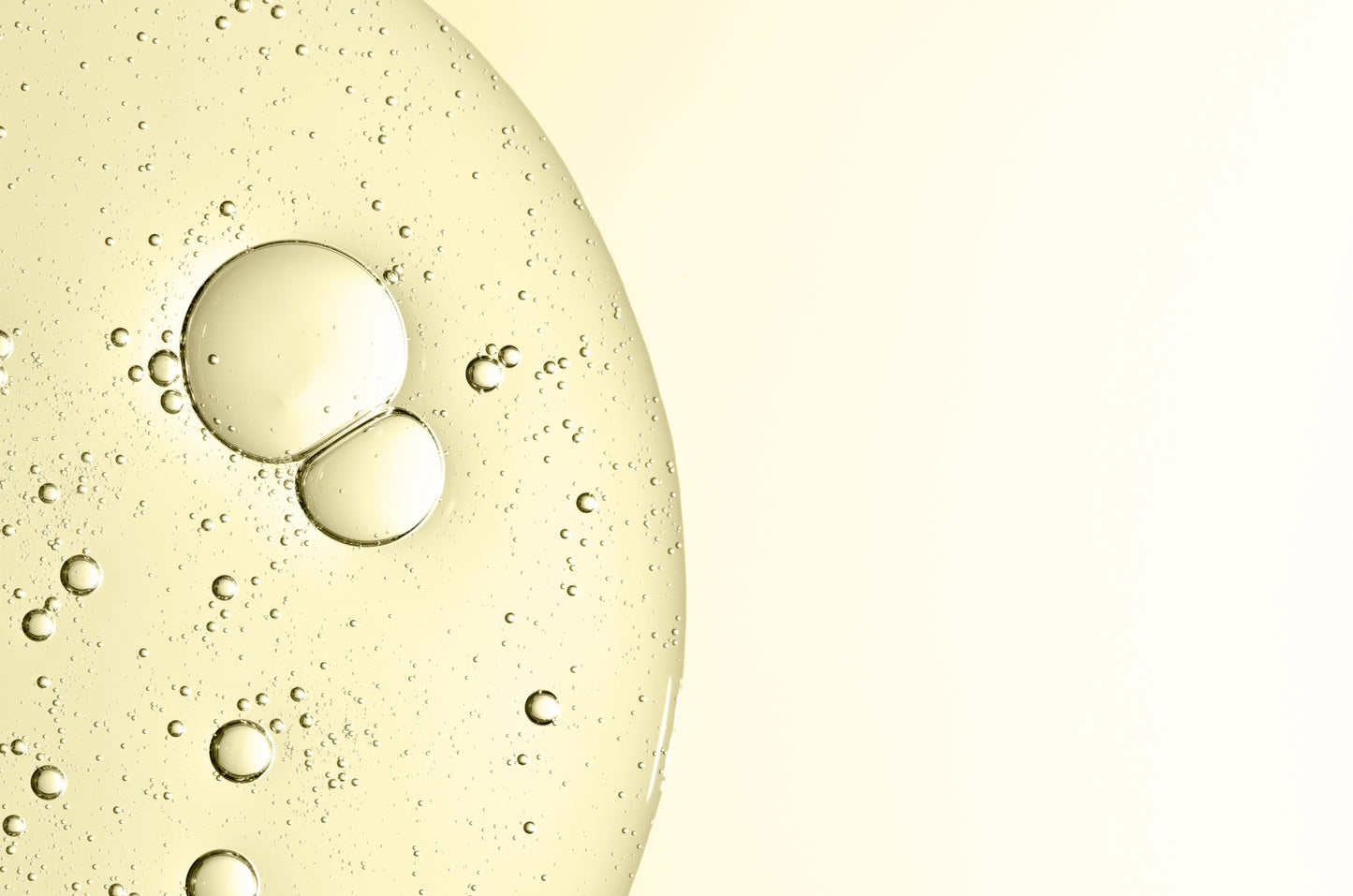Choosing the right shampoo is crucial for maintaining healthy hair, especially when experiencing hair loss. However, not all shampoos are created equal, and certain ingredients can have adverse effects on hair growth. In this article, we will explore the ingredients that are best avoided in shampoos for hair loss, helping you make informed choices for promoting hair health.
Sulfates
Sulfates, such as sodium lauryl sulfate (SLS) and sodium laureth sulfate (SLES), are commonly used as cleansing agents in many shampoos. While effective at removing dirt and excess oil, sulfates can strip the hair of its natural oils, leading to dryness and potential hair breakage. Dry and brittle hair is more prone to breakage, which can exacerbate hair loss. Therefore, opt for sulfate-free shampoos that are gentler on the scalp and hair.
Parabens
Parabens, including methylparaben and propylparaben, are preservatives added to many cosmetic products, including shampoos, to extend their shelf life. However, studies have raised concerns about the potential hormonal disruptions caused by parabens. As hormonal imbalances can contribute to hair loss, it is advisable to choose shampoos labeled as "paraben-free" to minimize any potential risks.
Synthetic Fragrances
Synthetic fragrances may give shampoos an appealing scent, but they often contain harmful chemicals that can irritate the scalp and lead to inflammation. This inflammation can disrupt the hair growth cycle and contribute to hair loss. Look for shampoos that are fragrance-free or use natural fragrances derived from essential oils to avoid scalp irritation.
Silicones
Silicones, such as dimethicone and cyclomethicone, are commonly found in shampoos and conditioners due to their ability to create a smooth, shiny appearance by coating the hair shaft. While silicones can provide temporary cosmetic benefits, they can also weigh down the hair and create a buildup that may clog hair follicles. Clogged follicles can impede healthy hair growth, so it is advisable to choose silicone-free shampoos that allow the hair and scalp to breathe.
Harsh Alcohols
Certain alcohols, such as isopropyl alcohol and denatured alcohol, are often used in shampoos as solvents and preservatives. However, these harsh alcohols can dry out the scalp and strip the hair of its natural moisture, leading to scalp irritation and hair breakage. Opt for shampoos that contain moisturizing alcohols like cetyl alcohol or stearyl alcohol, which are milder and can help retain moisture in the hair.
Formaldehyde-releasing Preservatives
Formaldehyde-releasing preservatives, such as DMDM hydantoin and imidazolidinyl urea, are commonly used to prevent bacterial growth in shampoos. However, formaldehyde is a known irritant that can cause scalp inflammation and damage hair follicles, leading to hair loss. To minimize the risk of adverse effects, choose shampoos that are free from formaldehyde-releasing preservatives.
Conclusion
When selecting a shampoo to address hair loss concerns, it is essential to avoid certain ingredients that can potentially worsen the condition. By steering clear of sulfates, parabens, synthetic fragrances, silicones, harsh alcohols, and formaldehyde-releasing preservatives, you can protect your hair and scalp from potential damage, promote a healthy environment for hair growth, and optimize your hair care routine. Remember to carefully read labels, opt for products labeled as "free from" these ingredients, and consult with a healthcare.

